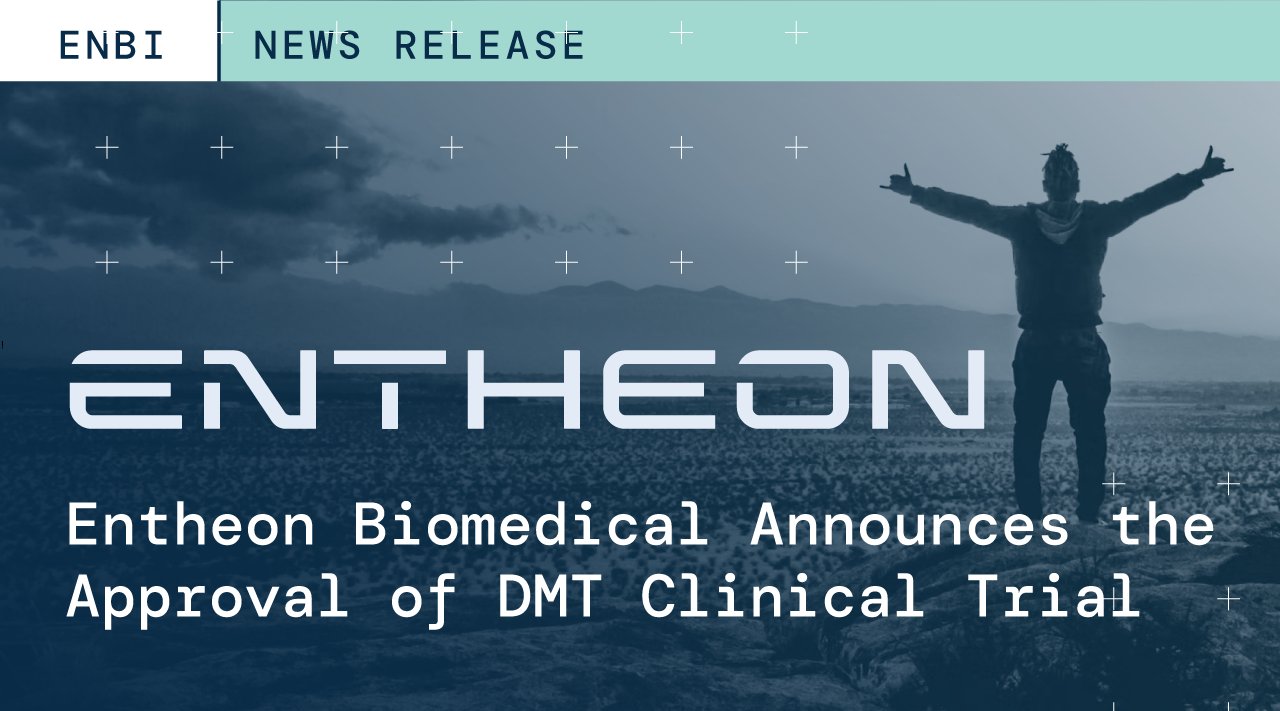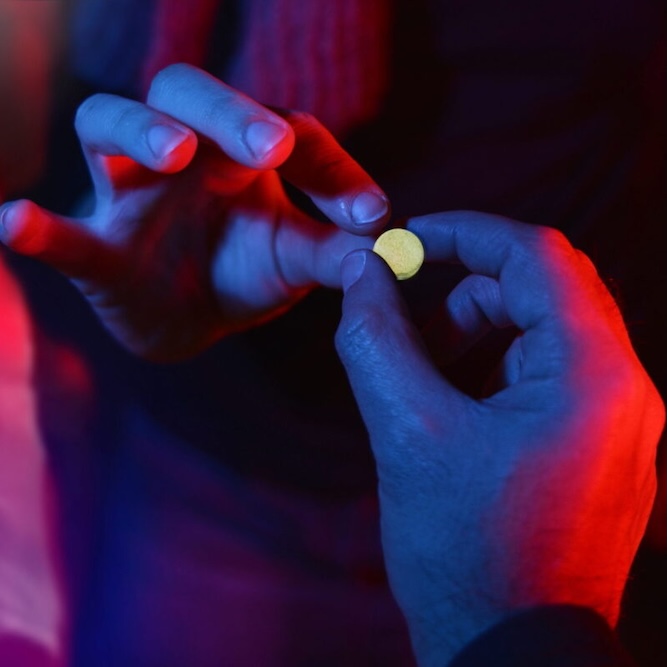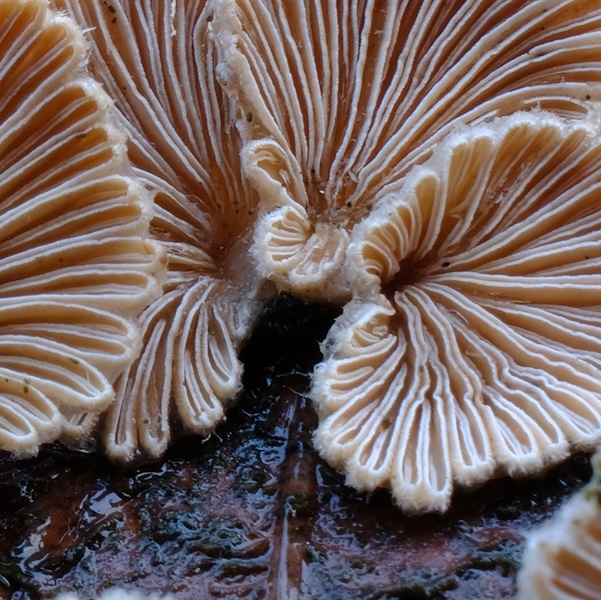Can transforming the DMT experience into a pharmaceutical tool make it more accessible, or does it strip away the profound therapeutic value of ego death and mysticism?
DMT (N-dimethyltryptamine) is renowned for producing some of the most intense psychedelic experiences—described by many as a journey to another dimension, encounters with “God” or otherworldly beings, and transformative, mystical states. These experiences, though often fleeting (around 30 minutes), can leave lasting positive changes. In ayahuasca ceremonies, DMT’s effects are drawn out over several hours, often guided by traditional healers to help participants confront addiction, depression, or grief.
Recognizing this potential, Vancouver-based startup Entheon Biomedical, led by CEO Timothy Ko, is pioneering the development of a controlled, DMT-based therapy aimed at treating addiction. Ko’s own life-changing experience with DMT five years ago lifted him from a depressive state that felt like “drowning,” instilling a deeper sense of meaning and integration in his life. The experience drove him to explore how psychedelics could be used to rewire the brain and help others suffering from similar challenges.
Ko’s personal mission is also rooted in loss—his brother’s battle with trauma and addiction ended tragically in a fatal overdose in 2019. Ko envisions a future where more people can access therapeutic tools like DMT to address addiction and mental health issues.
A new approach to psychedelic therapy

Entheon Biomedical is collaborating with leading researchers, including Matthew Johnson from Johns Hopkins, and Robin Carhart-Harris and Christopher Timmerman from Imperial College London, to create a synthetic DMT therapy tailored for clinical use. The goal is to secure approval from Health Canada and design a treatment that balances the transformative power of DMT with a controlled, manageable experience for patients.
Unlike traditional ayahuasca ceremonies, Entheon aims to refine the DMT experience with continuous delivery technology. This allows for slower onset, adjustable dosing, and the ability to taper or halt the experience if necessary. According to Ko, the focus isn’t on achieving ego death—a state often associated with psychedelic therapy—but on creating a tool that fosters healing without overwhelming the patient.
The debate: Mysticism vs. medicalization
This perspective has sparked debate in the psychedelic community. Many argue that the mystical aspects of psychedelics—ego death, spiritual awakening, and moments of deep introspection—are central to their therapeutic value. Ego death, characterized by reduced activity in the brain’s Default Mode Network, can dissolve the sense of self, leading to profound feelings of unity and openness. Research has shown that the intensity of these mystical experiences often correlates with the level of healing patients experience.
However, not all therapeutic benefits of psychedelics may rely on these spiritual dimensions. Researchers like Rick Strassman have suggested that other mechanisms, such as the mental amplification produced by psychedelics, might also facilitate healing. Entheon’s approach explores whether a medicalized, non-mystical version of DMT therapy can deliver similar outcomes in a controlled setting.
What’s lost in translation?
Critics question whether isolating and synthesizing naturally occurring compounds like DMT might diminish their therapeutic power. Traditional ayahuasca brews, for example, combine plants containing DMT with natural MAO inhibitors that prolong its effects. Additionally, the “entourage effect” suggests that the interaction of multiple compounds in natural substances may enhance their overall efficacy. While Entheon’s synthetic DMT isn’t designed to replicate the ayahuasca experience, some wonder if vital elements of plant medicine are lost in the transition to a lab-developed treatment.
A controlled, therapeutic future
Despite the challenges and controversies, Entheon Biomedical is focused on developing a practical, accessible therapy for addiction treatment. Ko envisions a future where DMT-based therapy is available in prescription-based clinical settings, integrated into ongoing therapeutic relationships. This controlled approach aims to help patients make healthier choices while moderating the intensity of the psychedelic journey.
Ko acknowledges the profound nature of psychedelic experiences, noting their potential to reconnect people to their sense of purpose and reality. While it may take five to seven years for Entheon’s DMT therapy to reach the market, its development marks a significant step toward reshaping how addiction and mental health challenges are treated.
By bridging ancient wisdom with modern science, Entheon hopes to offer a therapeutic tool that speaks to the core of human existence—while making these life-changing experiences accessible to a wider audience.




